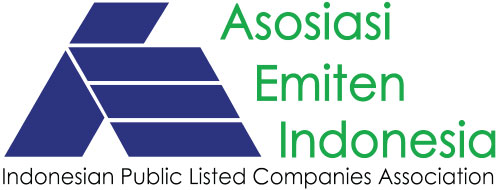
Development of the Indonesian Electric Mobility Industry: Challenges and Opportunities towards the Net Zero Target
In the latest segment, Mr. Anugrah Dezmercoledi from the Electric Mobility Ecosystem Association outlined the progress of the electric mobility industry in Indonesia. There is a surge in adoption of electric vehicles (EVs), especially two-wheeled vehicles which will increase by 262% from 2022 to 2023, as well as four-wheeled vehicles which will grow by 43%. Infrastructure is also developing, with 1,800 Public Electric Vehicle Charging Stations (SPKLU) located mostly in Java, followed by Sumatra, and more than 280 Public Electric Vehicle Battery Exchange Stations (SPBKLU) concentrated in Java and Bali.
Pak Anugrah highlighted that the government's target for net zero is increasingly relevant to the adoption of EVs to reduce emissions, considering that the transportation sector contributes 23% of total greenhouse gas emissions. However, comprehensive synergy from upstream to downstream is needed, including the use of renewable energy sources in power generation to create a truly clean environmental impact.
One of the main challenges is battery costs, which account for 40% of the total price of an EV. Focusing on increasing energy density and charging cycle duration can extend battery life. The government is expected to provide additional incentives to encourage local supply chains and support battery research. This step has the potential to reduce the price of electric vehicles and accelerate their adoption in the Indonesian market, while strengthening the electric mobility ecosystem in the country.
Full Podcast Video: The Future of Electric Vehicles: Are They on the Right Track?




 Back to Home
Back to Home







